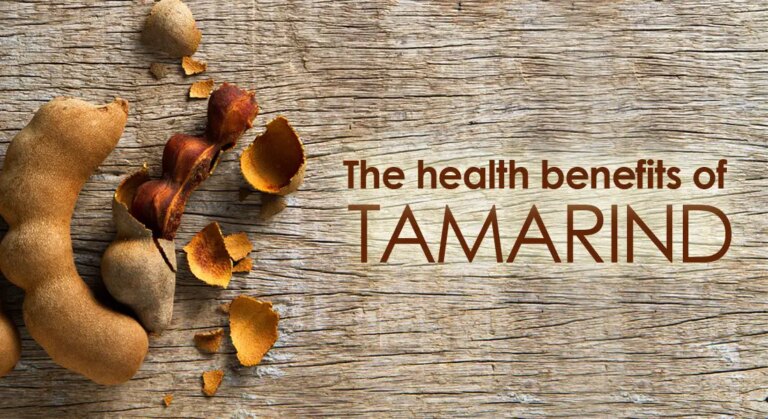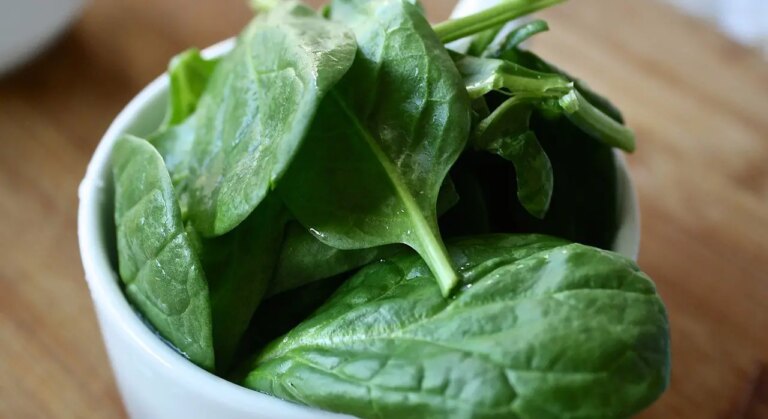ADHD Diet and Nutrition
Attention-deficit/hyperactivity disorder (ADHD) is one of the most commonly diagnosed mental disorders in children worldwide. People with ADHD show a pattern of either inattention or hyperactivity-impulsivity. They can also exhibit a combination of the two. (1, 2)
Inattention and impulsivity can both be normal behaviors, to an extent. But these behaviors are more severe for people who have ADHD and occur more often. They can also interfere with school, work, and relationships. (1)
So far, the most common treatments and therapies for ADHD are medication, psychotherapy, and psychosocial interventions. But a study from the University of Barcelona suggests that a change in diet and nutrition could lower the risk of developing ADHD. (1, 2, 3)
ADHD and the Mediterranean Diet
This study, called “The Mediterranean Diet and ADHD in Children and Adolescents,” explored the relationship between ADHD and diet and nutrition. The research team hypothesized that the more a Mediterranean diet was adhered to, the lower the rate of ADHD diagnosis would be. (2, 3)
A total of 120 children participated in the study. 60 of the children had been diagnosed with ADHD, and 60 were controls. Researchers recorded the children’s energy, dietary intake, adherence to a Mediterranean diet, and familial background. (2, 3)

The research team found a correlation between a lower adherence to the Mediterranean diet and ADHD diagnosis. Other factors that correlated with ADHD diagnosis included: (2, 3)
- skipping breakfast
- eating at fast-food restaurants
- high consumption of sugar, candy, cola beverages, and non-cola soft drinks
- lower frequency of consuming fruit, vegetables, pasta, and rice
- low consumption of fatty fish
The researchers quickly pointed out that the data they collected doesn’t prove that an unhealthy diet causes ADHD. “Although these cross-sectional associations do not establish causality, they raise whether low adherence to a Mediterranean diet might play a role in ADHD development,” they wrote in the study. “Our data support the notion that not only “specific nutrients” but also the “whole diet” should be considered in ADHD.” (3)
Mediterranean Diet
More research is necessary to establish a clear connection between diet and nutrition and the development of ADHD. However, the study’s findings could be helpful for the families of children with ADHD. As María Izquierdo Pulido, one of the study authors, said, “This new research doesn’t establish a cause-effect relation between dietary patterns and ADHD, but it can help determine specific dietary strategies to improve the quality of life for both the affected patients and their families.” (2, 3)
The Mediterranean diet is based on traditional foods from Greece and Italy. Studies have shown that the Mediterranean diet has many potential health benefits, including weight loss and prevention of strokes, heart attacks, and type 2 diabetes. (4)

People eating a Mediterranean diet should focus on consuming fruits, vegetables, nuts, seeds, legumes, fish, seafood, whole grains and bread, potatoes, herbs, spices, and extra virgin olive oil. Poultry, cheese, yogurt, and eggs can be eaten in moderation. (4).
On the Mediterranean diet, red meat should be consumed only rarely. And you should avoid eating processed meat, refined grain and oils, added sugars, beverages sweetened with sugar, and highly processed food. (4)
While the connection between ADHD and diet and nutrition still needs to be established through further research, the potential health benefits of the Mediterranean diet are impressive. Families and individuals hoping to improve their overall health may want to look into it! (2, 3, 4)

Diet and Nutrition
Interested in learning more about how food affects our mood, how we age, our brain health, and disease? Get your free copy of Dr. Nandi’s cookbook to harness the incredible health benefits of 18 powerful superfoods with 60 healthy and delicious recipes!
Sources:
- https://www.nimh.nih.gov/health/topics/attention-deficit-hyperactivity-disorder-adhd/index.shtml
- https://www.sciencedaily.com/releases/2017/02/170201093246.htm
- https://pediatrics.aappublications.org/content/139/2/e20162027
- https://www.healthline.com/nutrition/mediterranean-diet-meal-plan












 Subscribe to Ask Dr. Nandi YouTube Channel
Subscribe to Ask Dr. Nandi YouTube Channel










